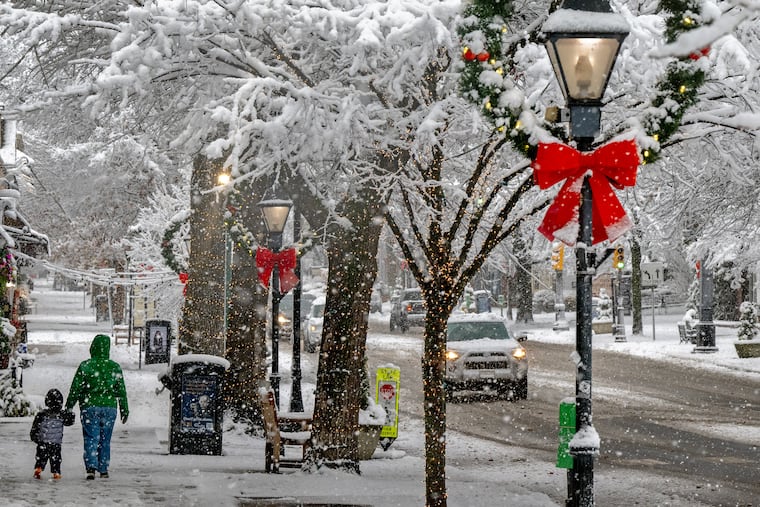Philanthropy faces challenges as federal aid for homelessness comes under scrutiny.
Father Joe’s Villages, a prominent nonprofit organization focused on addressing homelessness, had initially planned to commence construction on two affordable housing complexes in downtown San Diego within the year. Each complex is projected to contain over 100 residential units. The organization applied for a significant federal grant from the U.S. Department of Housing and Urban Development (HUD) to partially finance one of the buildings’ construction costs. However, due to uncertainty surrounding federal funding, the commencement of construction has now been postponed until at least the following year.
Deacon Jim Vargas, president and CEO of Father Joe’s Villages, expressed his hope for the revival of the grant application, despite currently being advised that it is unlikely to progress. The challenge of securing reliable funding for homelessness initiatives has become increasingly complex, as various governmental entities reassess their strategies and budgets. In California, for instance, the state government establishes a new annual budget to address the homelessness crisis, rendering long-term planning for service organizations particularly challenging. The San Diego City Council is also engaging in discussions about potential adjustments to spending in light of a budget deficit.
Federal funding is critical to local efforts in combating homelessness, with San Diego allocating over million from the federal government for housing vouchers alone, accounting for more than 40 percent of the city’s homelessness budget. Even with that funding potentially intact, looming staffing reductions within HUD and similar agencies could hinder the distribution and monitoring of these necessary funds.
On a positive note, private donations have shown an upward trend in recent years. The Salvation Army successfully raised approximately million for a substantial complex in downtown San Diego, known as The Rady Center, which will feature over 100 shelter beds and facilities aimed at aiding low-income residents.
Moreover, organizations such as Townspeople have launched innovative programs to address the homelessness crisis. In 2023, Townspeople introduced a roommate-finding initiative and has successfully housed 136 individuals, including 18 children. These programs highlight the diverse approaches being adopted to combat homelessness, from leveraging philanthropic support to fostering collaboration among various stakeholders.
However, uncertainty persists regarding broader initiatives, such as the “San Diegans Together Tackling Homelessness” campaign announced by Mayor Todd Gloria, which aimed to raise hundreds of millions for homelessness efforts. Despite initial excitement, fundraising efforts have yielded only about .3 million to date, a stark contrast to the ambitious goals set for the campaign.
With the ongoing challenges of federal funding volatility, nonprofit leaders and advocates warn that diminishing government assistance may create dire consequences for vulnerable populations. Without adequate support, thousands of individuals may face the harsh realities of homelessness, underscoring the urgency for reliable funding sources.
Father Joe’s Villages maintains its goal to begin construction on two affordable housing complexes in the first half of 2026, with projected costs of .5 million and million for the respective projects. Anticipated monthly rents for future residents are expected to fall between 0 and ,100. While the hope for federal grant support has dimmed, the organization continues to seek alternative funding avenues to realize its mission of providing housing solutions in the face of increasing demand.







